Seeking out Indigenous writers is a good way to find a great book. The 12 memoirs in my list below tell powerful, moving stories. Many of the stories contain darkness — the pain of mistreatment, abuse, lost families — but they also tell stories of hope and triumph. They vary in form as well. Some of these books are straightforward chronological narratives of a life, while others are poetic and fragmented, and others tell stories through letters or essays. There is a book on this list for every kind of reader.
For non-Indigenous readers, picking up a memoir by an Indigenous writer is a way to fill in educational gaps. Too often, the publishing world, the media, and culture at large ignore and even suppress the stories of Indigenous people. It’s too easy for the non-Indigenous to think of Indigenous people as existing in the past, in history books, instead living vibrant lives today. Memoirs allow readers to engage with a personal story while broadening their understanding of history, contemporary society, and the wide range of Indigenous experiences. Readers might be inspired to move from memoir to other nonfiction books such as An Indigenous Peoples’ History of the United States by Roxanne Dunbar-Ortiz to learn even more.
This list contains a lot of recently published books, because the world of Indigenous literature is a particularly vibrant one right now. But whether newer or older, these books will move, teach, encourage, anger, and inspire you.
Mamaskatch by Darrel J. McLeod
Mamaskatch is a memoir about Darrel McLeod’s boyhood and young adulthood in Alberta, Canada. He is a member of the Cree tribe with a strong sense of connection to his culture and family. But his childhood was difficult, as he lost his father at a young age and his mother struggled with poverty and alcoholism. It’s a dark book, but a hopeful one too, as McLeod finds ways of understanding and coming to terms with his complicated life.
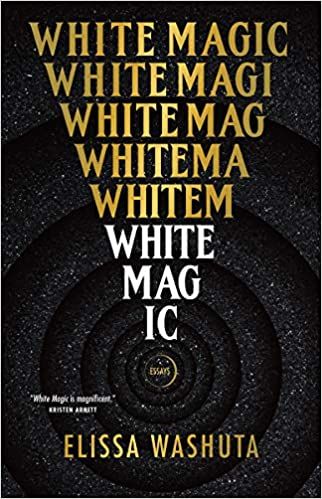
White Magic by Elissa Washuta
White Magic is a linked essay collection that reads like a memoir. It is full of personal stories and meditations on identity, culture, spirituality, colonization, and love. The book covers Washuta’s experiences as a Native woman (she is a member of the Cowlitz Indian Tribe), her youth in New Jersey, her years in Seattle as an adult, her experiences with the tarot and becoming a witch. It’s a book that is lively, revelatory, and strange in the best possible way.
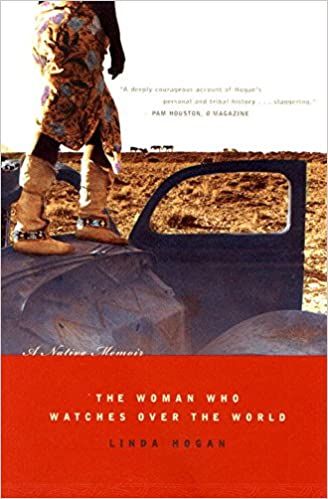
The Woman Who Watches Over the World by Linda Hogan
Linda Hogan is a Chicksaw poet and novelist whose memoir combines personal history with stories of important Native figures from the past. She writes about her difficult childhood, the legacy of alcoholism, her adopted daughters, and her struggles with pain after a fall from a horse. It’s a book about how both strength and pain are passed down through generations and a story of working towards triumph and wholeness.
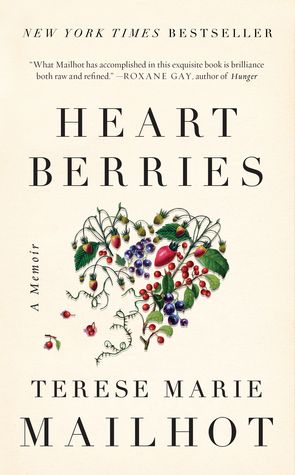
Heart Berries by Terese Marie Mailhot
Terese Marie Mailhot grew up Seabird Island Reservation in the Pacific Northwest. In the memoir, she grapples with her difficult upbringing and her hospitalization for post traumatic stress disorder and bipolar II disorder. She writes about and through her trauma toward a place of healing. Mailhot writes in a lyrical fragmented manner that is beautiful, haunting, and perfectly captures her life so far.
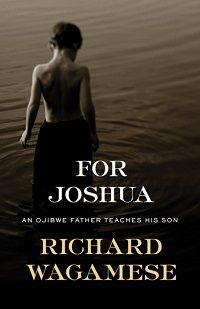
For Joshua: An Ojibway Father Teaches His Son by Richard Wagamese
This book is a memoir written in the form of letters to Richard Wagamese’s estranged son Joshua. It’s meant to help Joshua understand the complicated life that Wagamese has led and also to fulfill Wagamese’s duty as an Ojibwe father to teach his son traditional wisdom. Moving back and forth between the past and present, between struggle and insight, Wagamese weaves narrative and teaching into a powerful, inspiring whole.
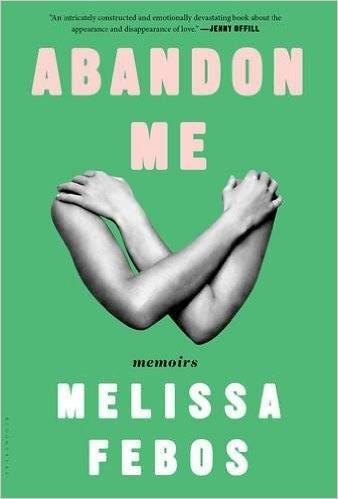
Abandon Me by Melissa Febos
Abandon Me is a memoir in essays about Febos’s family, relationships, and identity. She examines her connection with her Native American birth father and what his heritage means to her. She also writes about childhood experiences, the sea captain who raised her, her struggles with addiction, an all-consuming love affair with a woman, and coming to terms with her needs and desires. It’s a beautifully written reckoning with desire and the self.
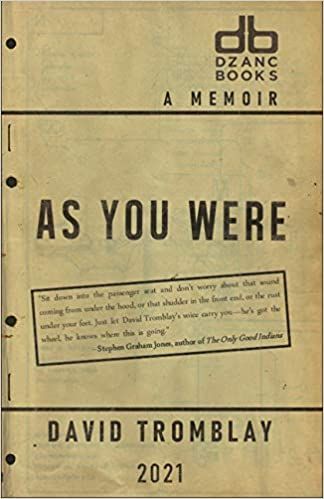
As You Were by David Tromblay
Learning that his father is dying sets David Tromblay off on a journey to ponder his father’s legacy and tell his own story. He writes about being raised by his father who struggled with alcoholism and anger and his grandmother who attended Indian boarding schools and carried on the lessons about violence she learned there. He writes about childhood traumas, his experiences in the U.S. Armed Forces, and finding his way to becoming the writer he is today.
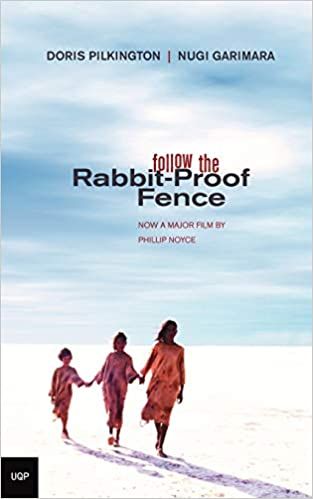
Follow the Rabbit-Proof Fence by Doris Pilkington
Set in Australia, this is the story of three girls, Doris Pilkington’s mother, Molly, and two aunts. In the 1930s, the three girls fled a difficult life at the Moore River Native Settlement and followed the rabbit-proof fence back to their home. The book describes the harshness of settlement life, where the goal was to turn them into white children. This meant harsh treatment and stripping them of their native language. In addition to narrating their journey, this book offers history about the aboriginal people of Australia.
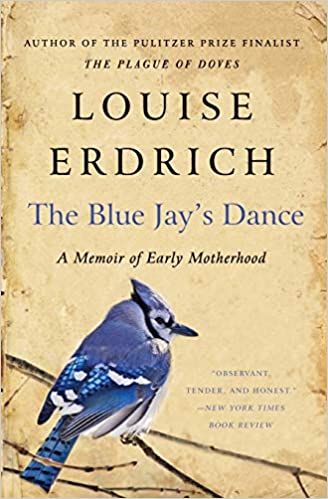
The Blue Jay’s Dance: A Memoir of Early Motherhood by Louise Erdrich
Louise Erdrich is famous for her novels, but she has written a memoir about motherhood as well. Focusing on a year that begins with pregnancy and moves on to early motherhood, this book examines the joys and frustrations, the struggles and moments of peace that happen while caring for an infant. It is also a work of nature writing, an exploration of family life, and a book about writing. It includes recipes! It is lyrical, meditative, and beautiful.
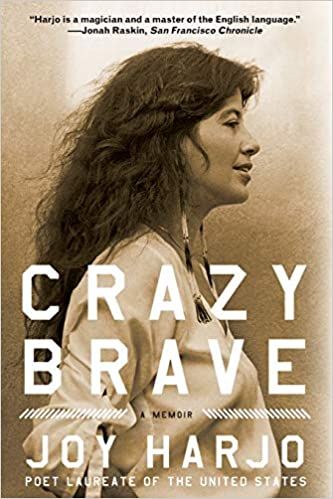
Crazy Brave by Joy Harjo
Joy Harjo is currently the United States Poet Laureate and is also a musician, fiction writer, and, of course, memoirist. Crazy Brave describes Harjo’s journey to becoming a poet. She writes about struggles to avoid childhood abuse, early motherhood, and what drew her to art and writing. She also describes attending an Indian arts boarding school and finding joy in art, imagination, spirituality, and the natural world.
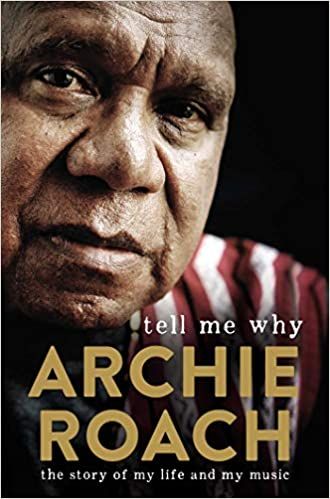
Tell Me Why: The Story of My Life and Music by Archie Roach
Roach is an Aboriginal musician from Australia who was forcibly removed from his parents at the age of two and brought up in a foster family. Finding out about his lost family as a teenager threw his life into disarray, and this book charts his reunion with relatives and his struggles with alcoholism. It’s the powerful story of finding a life in music and discovering who he really is.
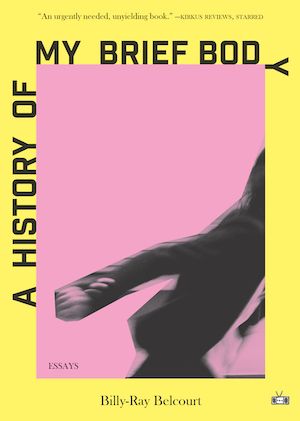
A History of My Brief Body by Billy-Ray Belcourt
This book is a memoiristic essay collection about Indigeneity and queerness. In the tradition of Maggie Nelson and Claudia Rankine, the essays are both personal and idea-driven, exploring identity, sex, gender, race, colonialism, history, memory, and much more. Belcourt thinks through literature and criticism to understand childhood experiences and the world he sees around him today.
Want to read more literature by Indigenous writers? Check out 9 of the Best Books by Native, First Nations, or Indigenous Authors, and this list of 15 Popular Indigenous Books from 2020.
Source : 12 Great Indigenous Memoirs










